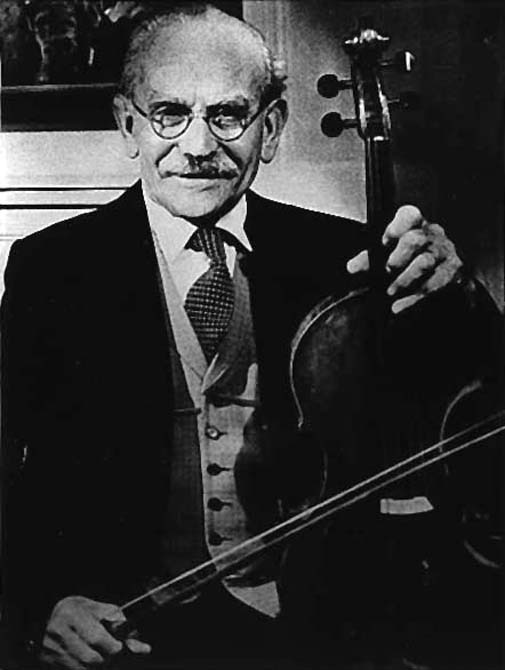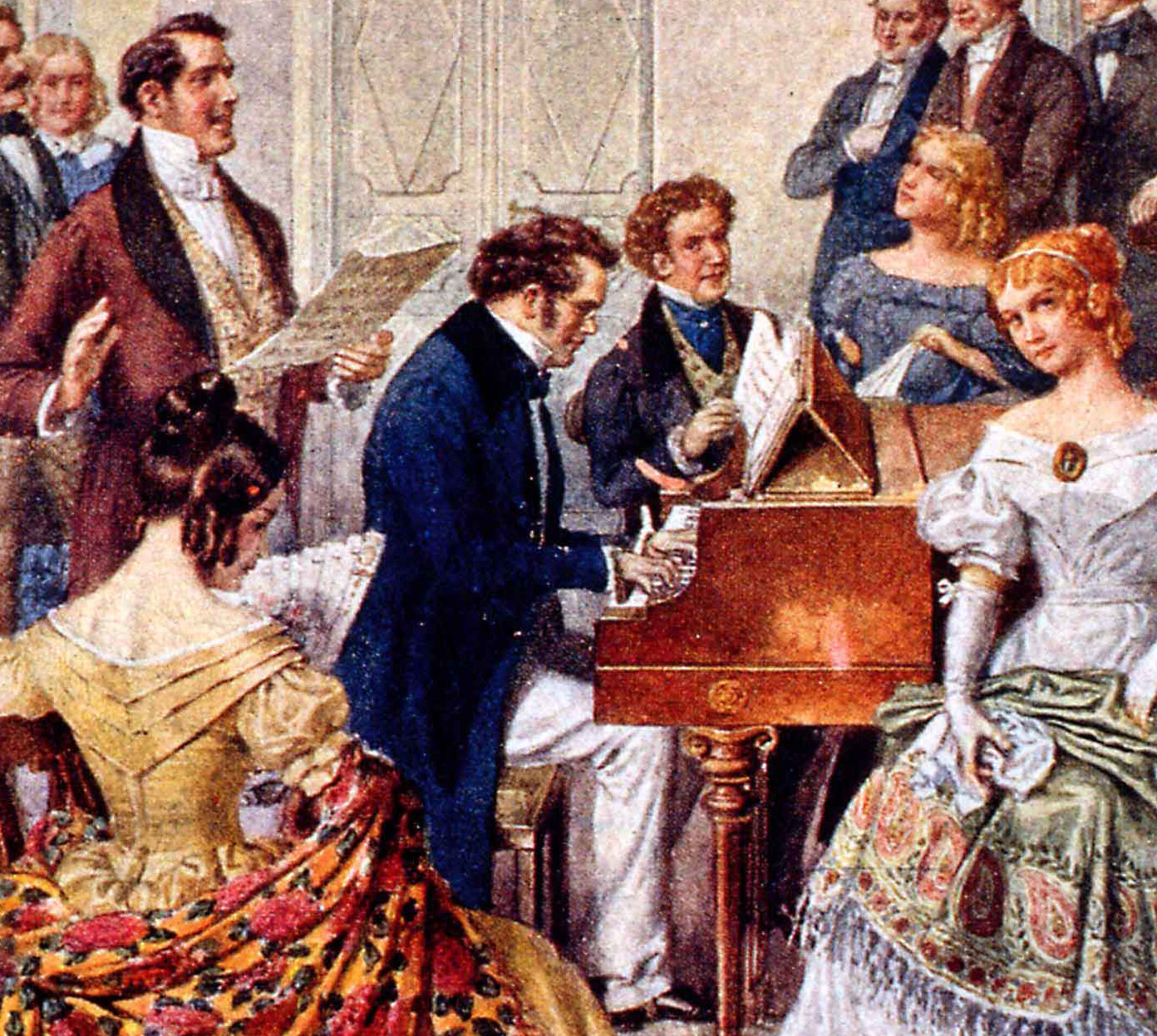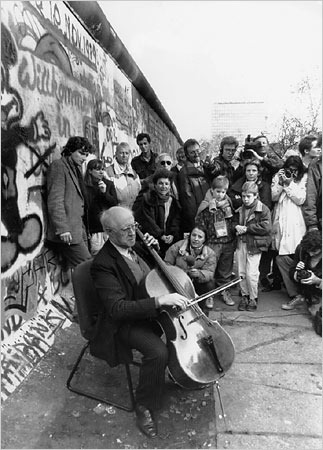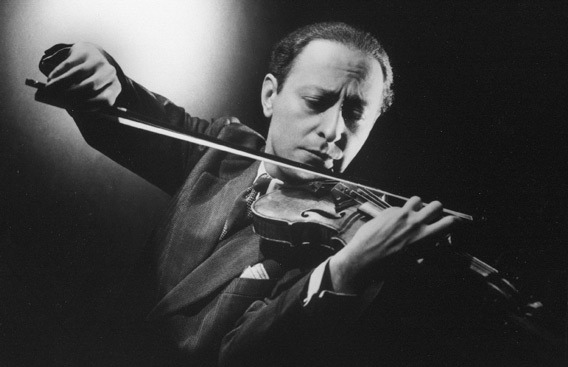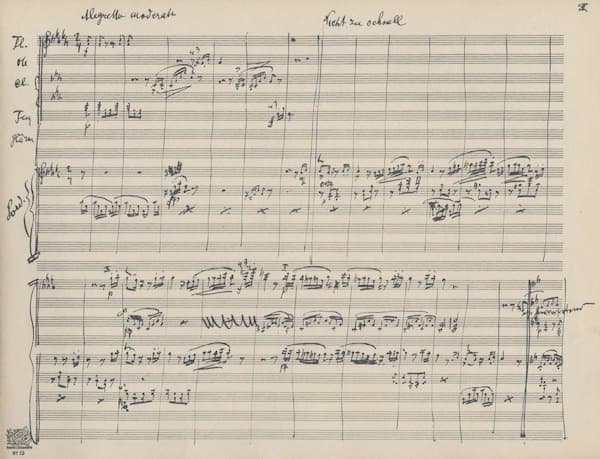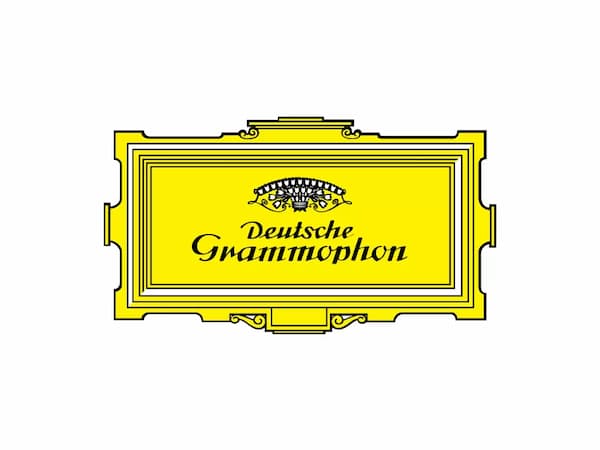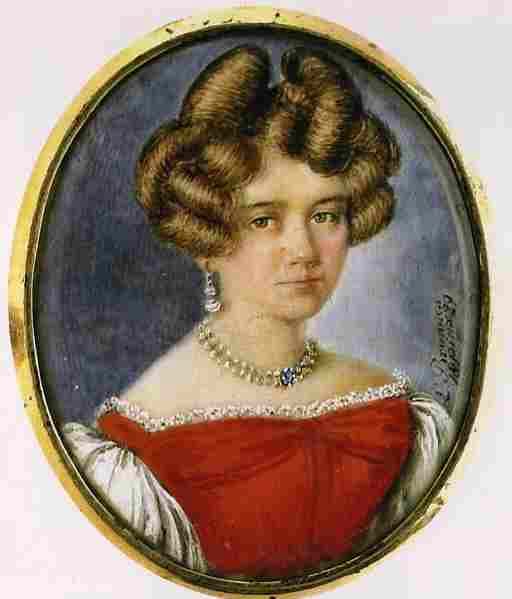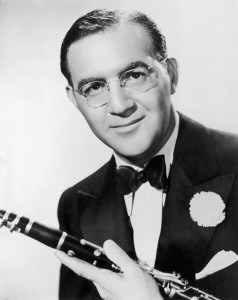
Benny Goodman
Credit: https://www.allaboutjazz.com/
Let us begin with the clarinettist who straddled genres, crossed boundaries and had a great time whilst doing so: Benny Goodman (1909-1986). Without Goodman we’d have no Copland Concerto, Bartók Contrasts, or Poulenc Sonata – and for an instrument with a core body of repertoire as small as the clarinet’s, we clarinettists have a lot to thank Goodman for. Although primarily a jazz musician, it was an insatiable interest in classical music that led Goodman to release recordings of several classical pieces, including the Mozart Concerto and Quintet.
Goodman was an all-round pioneer – he was the first jazz artist to play Carnegie Hall with his swing band, and went on to return to this iconic venue to give the premieres of the Poulenc Sonata and Contrasts. Goodman left his stamp in his recordings, integrating his jazz-based sound into classical works, the most notable being perhaps Copland’s Concerto, written for him in 1948. From the lyrical opening section to the joyous cadenza, through the frenetic finale with arpeggios whizzing through the air, this was a piece clearly written with Goodman in mind, and which is now one of the core concerti of the clarinet repertoire.
Copland: Clarinet Concerto
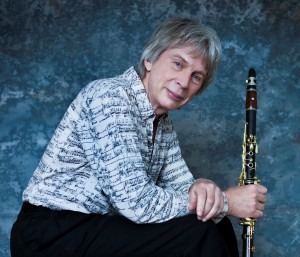
Richard Stolzman
Credit: http://static1.squarespace.com/
Whilst not leaving as large a legacy of commissions as Goodman’s, Stolzman is the dedicatee of one of the most iconic pieces of twentieth-century clarinet music. Steve Reich wrote New York Counterpoint for Stolzman in 1985, a fifteen-minute piece for ten recorded clarinets and one live player, a landmark also for Reich, the work marking another development in his ‘phase music’, something that would define the composer’s reputation for years to come.
NewYork Counterpoint by SteveReich
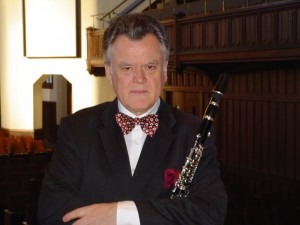
Karl Leister
Credit: http://www.wka-clarinet.org/
Leister was a member of the Berlin Philharmonic from 1959 until 1993. During his time there, he was a founding member of the Berlin Phil’s wind ensemble, and the Berlin Soloists, with whom he has recorded works such as the Beethoven Septet, Mozart’s wind serenade Gran Partita, and Brahms’ Clarinet Quintet. Still now Leister is invited to major festivals around the world, and continues to teach at the annual Karajan Academy for gifted young musicians.
Karl Leister (clarinet) Weber quintet last movement
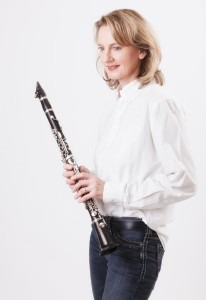
Sabine Meyer
Credit: https://www.allaboutjazz.com/
After a brief period as principal clarinet with the Berlin Philharmonic, she left to pursue a highly successful solo career. She has since appeared on stages all over the world, with orchestras including the Chicago Symphony Orchestra, London Philharmonic Orchestra and the Vienna Philharmonic. As a chamber musician, she notably founded the Trio di Clarone in 1983 with her brother Wolfgang Meyer, and husband Reiner Wehle (whose own book of clarinet technique still regularly gets yanked off the shelf whenever I’m feeling a bit rusty).
She was appointed professor of clarinet at the Lübeck Hochschule für Musik, a post which she still holds to this day.
Mozart: Clarinet Concerto
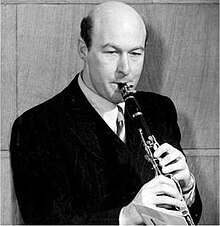
Jack Brymer
© Wikipedia Commons
Brymer is the author of a still widely-read book, a comprehensive guide to clarinet playing. My professors at music college would speak very highly of this book, its teachings remaining as relevant as ever today.
Mozart: Clarinet Quintet in A Major, K. 581

